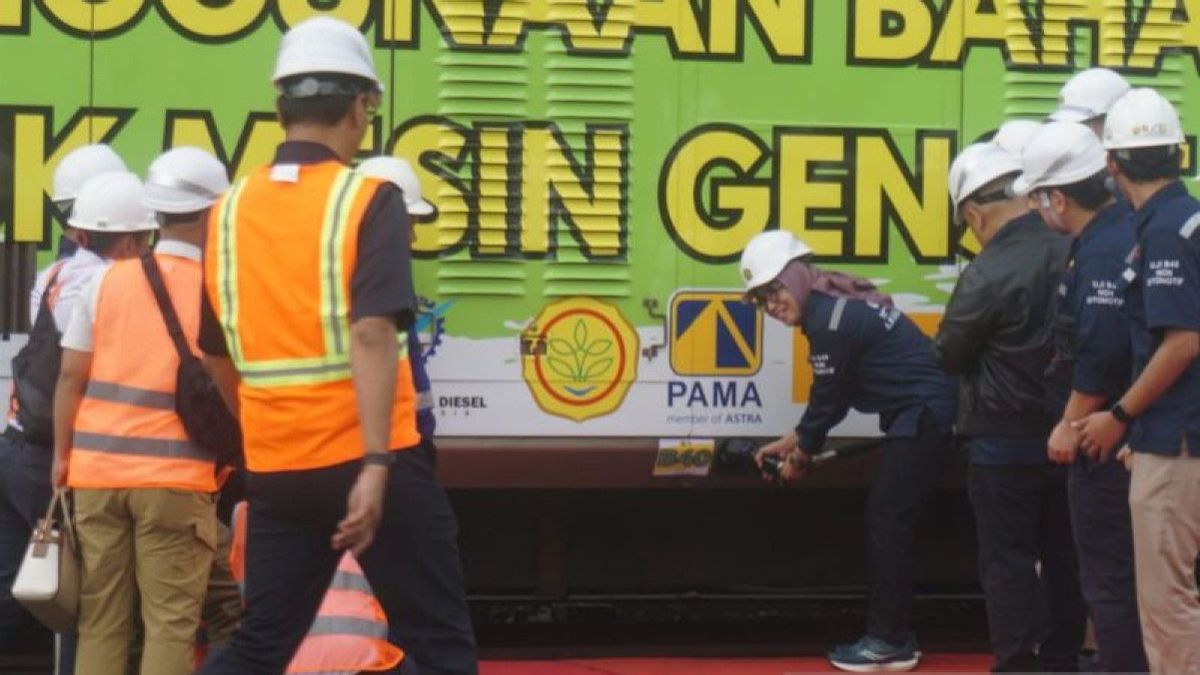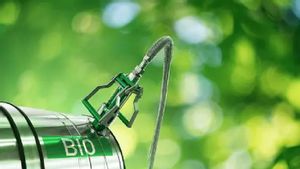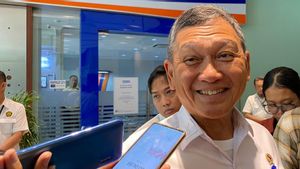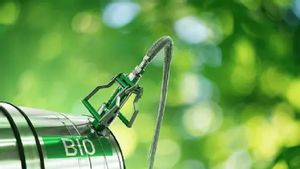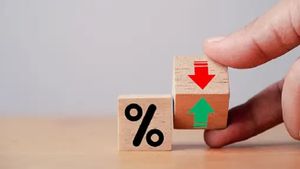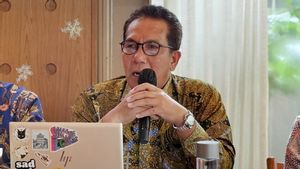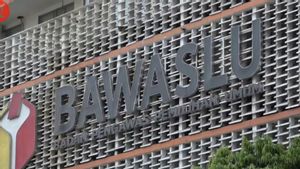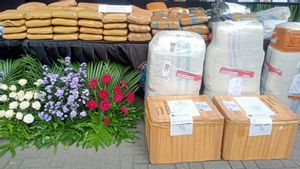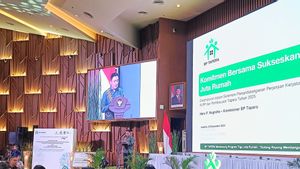JAKARTA - The Ministry of Energy and Mineral Resources (ESDM) launched the first trial of using biodiesel B40 on trains.
This trial was carried out at Lempuyangan Station, Yogyakarta, Monday, July 22, using the Bogowono train related Yogyakarta - Pasar Senen.
The Director General of New Renewable Energy and Energy Conservation (EBTKE) of the Ministry of Energy and Mineral Resources, Eniya Listiani Dewi, said that the B40, which is a 60 percent diesel mixture and 40 percent vegetable fuel from palm oil, is expected to be a strategic solution to reduce diesel consumption and exhaust emissions.
"This limited performance test aims to test the resilience of the Bogowono train generator for 1,200 hours. With an estimated time of one round-trip (PP) of the Bogowonto train from Lempuyangan to Pasar Senen for 22 hours, it is estimated that it will require 50 PP times, or about two months, to achieve these results," said Eniya, quoted Wednesday, July 24.
Through this B40 program, said Eniya, the government continues to increase the adoption of palm oil-based biodiesel in various types of vehicles.
After the use of B40 in the auto industry four years ago, the next trial in 2024 will focus on agricultural equipment (alsintan) and the railway industry.
Furthermore, there will be a mining and heavy equipment industry, as well as shipping equipment and power plants, which will start in the near future in Balikpapan, East Kalimantan. Overall, it is estimated that 16 million kiloliters of B40 are needed.
Eniya is also optimistic that the use of B40 can further increase the saving of foreign exchange from reducing diesel imports compared to previous biodiesels, namely B35. The increase in the use of biodiesel will also reduce carbon emissions in Indonesia.
in 2023, foreign exchange savings from the use of B35 in the automotive and non-automotive sectors reached IDR 122 trillion. This year the figure is also estimated to be the same.
"If next year it has switched to B40, savings could reach around 9 billion US dollars (around Rp 144 trillion)," he said.
The reduction in carbon dioxide (C02) is targeted to reach 42.5 million tons from an estimated use of 16 million kiloliters (kl) B40 by 2025.
This is greater than the use of B35 which reached 12.23 million kl in 2023 and is estimated to reach 13 million kl by the end of 2024.
Vice President of Logistics of PT KAI Suryawan Putra Hia said that PT KAI currently uses 300 million liters of B35 fuel.
During usage, he said that the performance of the train engine did not have a problem. Therefore, he is optimistic that the transition from B35 to B40 will run smoothly, given the specifications are almost the same.
"So far (use of biodiesel for train fuel) no issue. Later maybe the B100 one is very challenging and we are optimistic that this B40 will not have a significant impact on the engine," he said.
On the other hand, the Head of the Center for Oil and Gas Testing (Lemigas) Mustafid Gunawan said that the test use on trains was carried out for the fuel of locomotive engines and train generators.
SEE ALSO:
The test using the locomotive engine was carried out on a freight train on the Jakarta-Surabaya route, while the generator test was carried out on the Bogowono train on the Lempuyangan-Pasar Senen route.
"The locomotive test has started since July 3, 2024 and has been completed in December 2024. The generator test will be carried out for 1,200 hours starting today until November 2024," he explained.
To carry out the use test, PT KAI built a blending and refueling facilities in five locations: Cipinang (Jakarta), Arjawinangun (Cirebon), Cepu (Blora), Lempuyangan (Yogyakarta), and Pasar Turi (Surabaya).
The English, Chinese, Japanese, Arabic, and French versions are automatically generated by the AI. So there may still be inaccuracies in translating, please always see Indonesian as our main language. (system supported by DigitalSiber.id)
